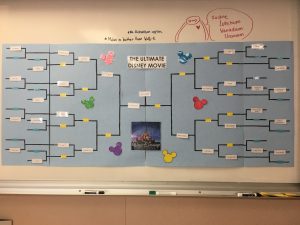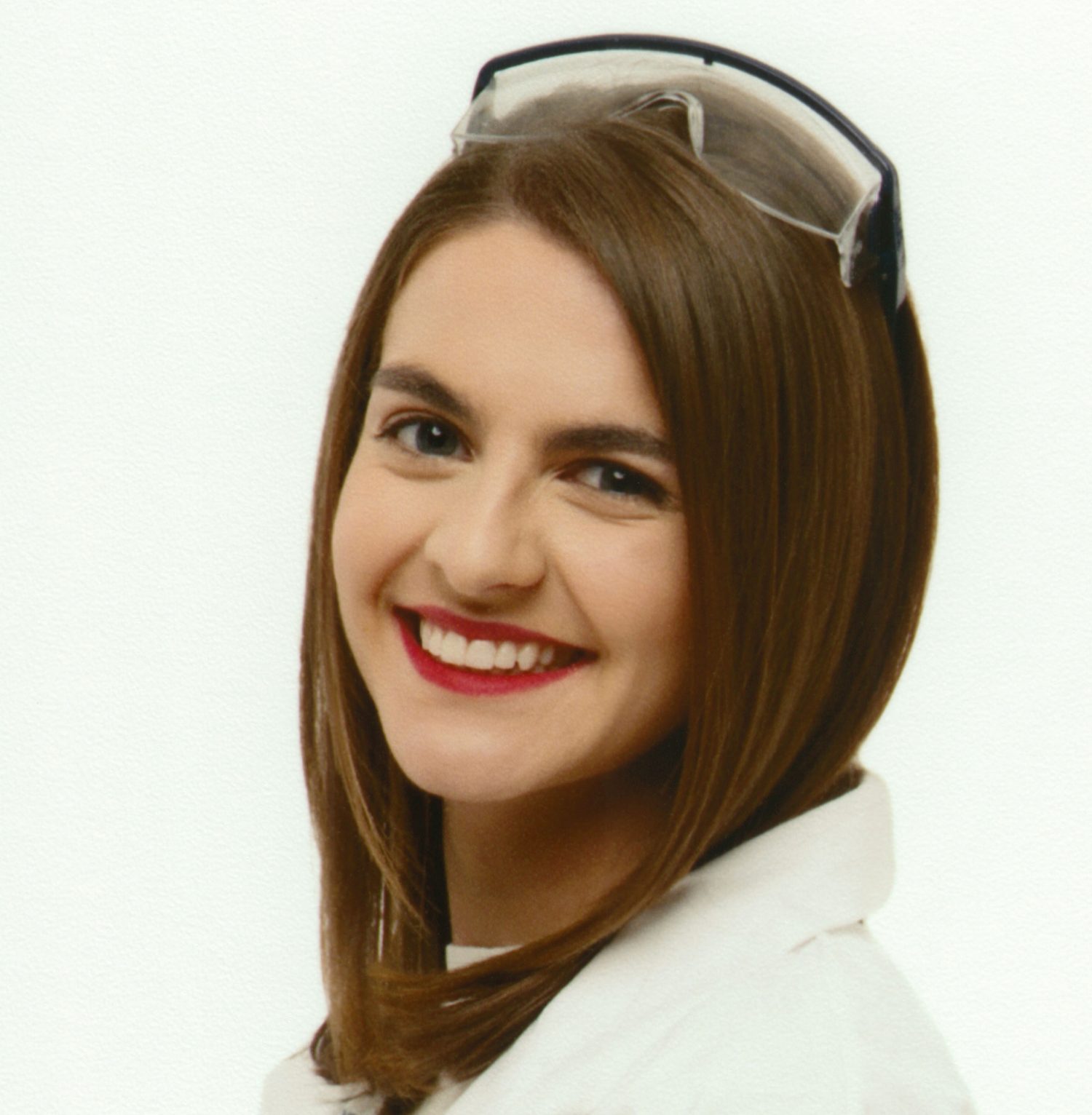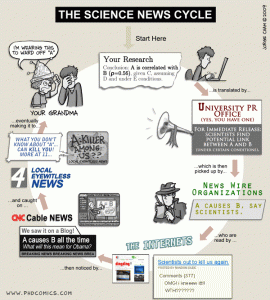I began this journey excited, nervous, and filled with questions: what was I going to learn? what are my real strengths? what are my weaknesses? how can I improve? what happens if a lesson goes horribly wrong? what if they don’t like me?
I ended my journey yesterday with answers to all of those questions, and an even larger stack of questions I can’t wait to discover the answers to. I am so thankful to have had my practicum at such an amazing school, filled with support, compassion, empathy, a wealth of knowledge and opportunities to try new things. I am privileged to have had the opportunity to work with amazing teachers and learn from them and to continually develop my practice with their advice and feedback.
Highs:
- As promised, we finished the Ultimate Disney Bracket and were able to watch a movie on the last day. The winner was The Lion King, but turns out you can’t buy that on iTunes so we watched Hercules instead. I brought in a bunch of snacks for everyone and it was an amazing way for us to share our last day together.

- I received ample feedback from my SA and FA, but I wanted direct feedback on my teaching from the students. I asked them to write for me what a class would look like as if they were a fly on the wall observing the class. Some students went above and beyond, writing a small narrative about my teaching strategies, while others just indicated their likes and dislikes. I was overwhelmed with their responses. Of the 35 responses I received, they could only think of two things that I could improve on. The first was to do more labs (which I understood but it was hard to do in a genetics unit!) and the second was to post grades on the wall (which I was hesitant to do and am still contemplating if I want to do it!). I was told by many that they appreciated my high energy, engaging activities, and sense of humour, while others were blunt and told me that I was their favourite teacher and they were sad to see me go. A few even offered to write me a formal reference letter to give to their principals so they would hire me to be their teacher in the fall! It was a phenomenal feeling to know that my hard work was appreciated by the students and that I really made a difference in their learning.
Lows:
- Report card marks were due at 8:30am on Wednesday morning and since last weekend was a holiday, I was scrambling Tuesday night and Wednesday morning to complete them. I ended up in a scramble Wednesday morning after having a stack of assignments moved that needed to be inputted. In the future, I will start on report cards earlier so that I am not scrambling at the last minute!
- The ultimate low was that I had to say goodbye to my students and peers. I cried on six separate occasions on Friday because I was so sad to have to end this amazing journey. I cried while writing thank you cards because I was so grateful to have such supportive mentors, while saying goodbye to my classes and wishing them a happy weekend for the last time, and while writing my students final blog posts. They were tears of sadness mixed with joy, excitement and a little fear of the upcoming unknown as I am about to embark on the next leg of my educational journey.
10 weeks, 45 teaching days, 110 lesson plans, 146 marked tests, 29 poster projects, 100+ hours in my car, 86 amazing students, hundreds of smiles and laughs, and a lifetime of learning and growing. Peace out practicum.


